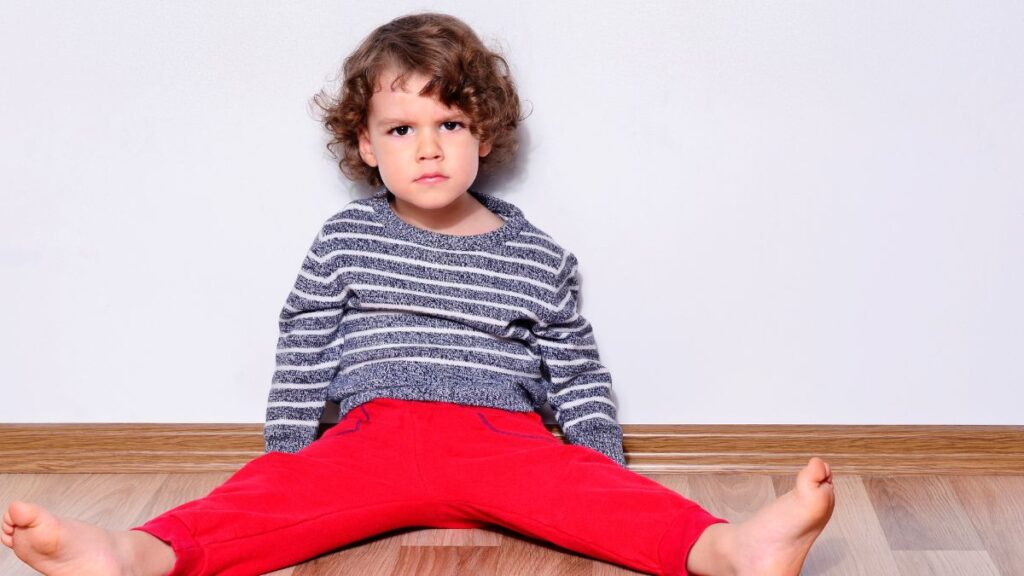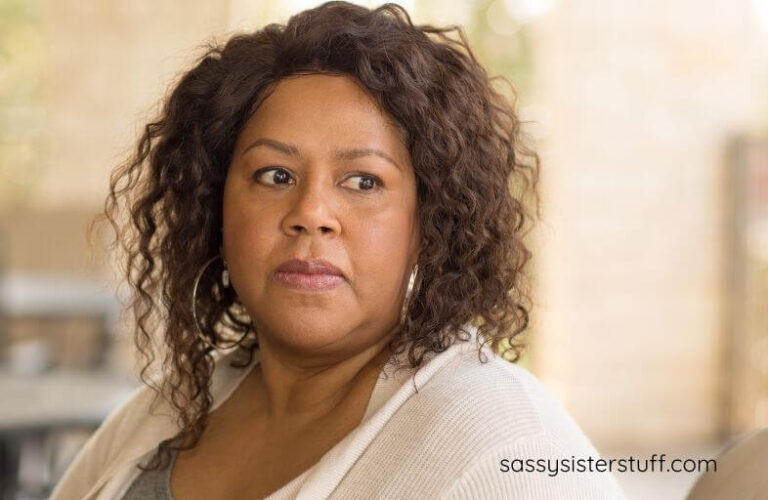15 Phrases Parents Should Avoid Saying to Their Kids
The words we say to our children shape how they see themselves and the world around them. Even when we don’t mean to, specific phrases can hurt their confidence, make them feel unloved, or cause confusion.
Kids are sensitive to tone and meaning; what may seem like a harmless comment can stay with them for years. Being mindful of how we speak can help build a stronger, more trusting relationship. Here are 15 common phrases to avoid and why choosing different words matters.
Why Can’t You Be More Like Your Sibling

Comparing your child to a brother or sister can make them feel like they’re not good enough. It builds resentment and may cause jealousy or competition between siblings. Every child is unique and should be celebrated for who they are. Instead of comparing, focus on their strengths. Encouragement works better than comparisons.
I’m Disappointed in You

Telling a child that you’re disappointed can make them feel like a failure. Being upset about a behavior is okay, but the wording matters. Focus on the action, not their worth. Try saying, “I didn’t like what you did, and here’s why,” instead. This keeps the door open for learning and growth without damaging their self-esteem.
Stop Crying

Telling a child to stop crying can make them feel like their emotions don’t matter. It teaches them to hide their feelings instead of expressing them healthily. Instead, ask what’s wrong and tell them it’s okay to feel upset. Comfort and understanding go a long way. Validating their emotions helps them learn how to manage them.
Because I Said So

This phrase shuts conversation and doesn’t teach kids the “why” behind a rule or decision. Children need to understand the reasons behind limits to learn right from wrong. Instead, take a moment to explain your thinking. Even a short explanation can make a big difference. It builds respect and helps them feel heard.
You’re So Lazy

Calling a child lazy can make them feel ashamed and unmotivated. It doesn’t help change the behavior—it just makes them feel worse about themselves. Instead, ask if they need help getting started or setting goals. Encouragement works better than name-calling. Support helps build better habits and confidence.
You Always Mess Things Up

Saying “you always” sends the message that your child can’t do anything right. It’s an exaggeration that overlooks their efforts and successes. Instead, talk about what went wrong in a specific moment. This allows room for improvement without damaging their self-worth. Focus on growth, not labels.
I Wish You Were Never Born

This is one of the most hurtful things a child could hear. Even if said in anger, it can leave deep emotional scars and make a child feel unwanted. Children need to know they are loved no matter what. If you’re overwhelmed, take a break instead of lashing out. Words can’t be taken back once they’re said.
You’re Too Sensitive

Telling a child they’re too sensitive teaches them to doubt their emotions. Everyone feels things differently, and that’s okay. Instead of criticizing, try to understand what’s bothering them. Helping kids handle their feelings teaches emotional intelligence. It’s OK to be sensitive, and they should feel safe being themselves.
Big Boys Don’t Cry

This phrase teaches boys to hide their emotions, which can lead to more significant problems later. Crying is a healthy way to deal with pain, frustration, or sadness. Instead, let them know it’s okay to feel and express emotions. Strength comes from knowing how to handle feelings, not from hiding them. Emotional health is just as important as physical health.
You’re Fine, Get Over It

Dismissing a child’s feelings can make them feel invisible. What seems small to you might feel big to them. Instead of brushing it off, ask how you can help or just listen. Showing empathy builds trust and emotional security. Kids need to feel safe coming to you with their problems.
Why Can’t You Do Anything Right

This question sounds like a put-down and can seriously hurt a child’s confidence. Everyone makes mistakes, especially while learning. Focus on helping them try again and do better next time. Let them know that messing up is okay, and that learning takes time. Encouragement helps them grow more than criticism.
You’re Driving Me Crazy

It’s normal to feel stressed, but saying this can make your child feel like a burden. They might think your frustration is their fault. Instead, express your feelings calmly and ask for a little space if needed. Kids don’t need to carry the weight of adult emotions. Open communication teaches emotional boundaries.
Hurry Up, What’s Wrong With You

Rushing children with harsh words can make them anxious or feel like they are failing. Sometimes, kids move slower because they’re learning or just being careful. Use positive encouragement like, “Let’s move a little faster together.” Patience builds cooperation and respect. Everyone has their own pace, especially when they’re young.
You’re Not Good at That

Telling a child they’re not good at something can shut them down before they’ve had a real chance to try. It may stop them from exploring new interests or learning new skills. Instead, encourage effort over perfection. Say something like, “It takes practice, and I believe in you.” Supporting them through challenges builds confidence and perseverance.
You’re Embarrassing Me

This phrase puts your feelings above theirs and can make a child feel ashamed of who they are. Kids make mistakes, especially in public, but that’s part of growing up. Instead of scolding, guide them calmly and teach them better choices. Save the conversation for a private moment. Kids need your support, not your shame.
Related: 15 Clever Hacks To Reduce That Never-Ending Grocery Bill

Managing grocery expenses can be challenging for many households, especially with rising food costs and fluctuating budgets.
However, with some creativity and resourcefulness, you can implement numerous clever hacks to reduce your never-ending grocery bill without sacrificing the quality or variety of your meals.







